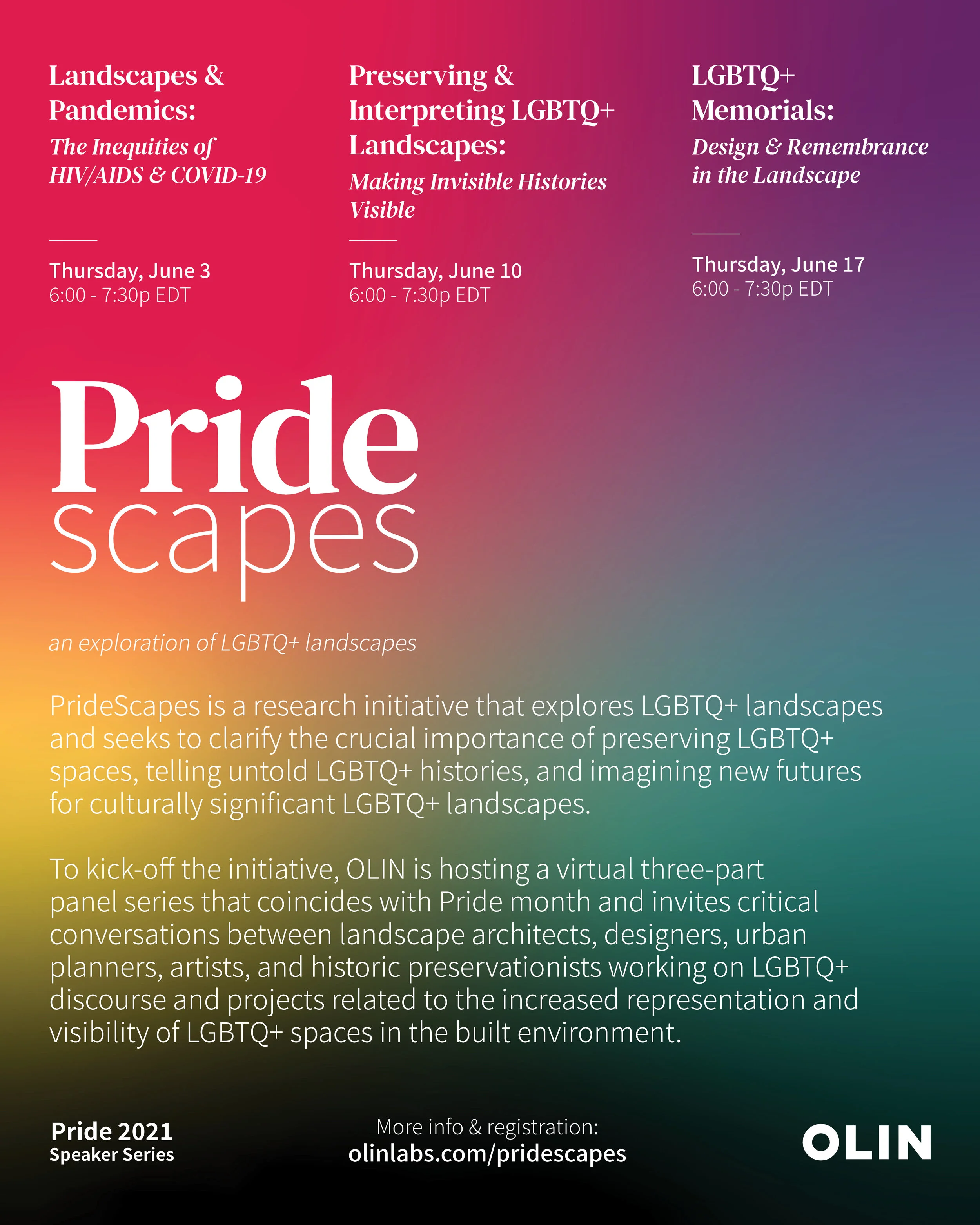Education Division
Knowledge building and sharing
Knowledge building and knowledge sharing have always been core to OLIN’s practice. OLIN Labs ensures that all OLIN projects have access to and reflect that best, most current design and analysis practices. Labs members plan and present office-wide lectures and training sessions, while maintaining physical and digital knowledge resources such as our material library and online Knowledge Base.
Knowledge Base
Central to OLIN Labs is OLIN’s Knowledge Base (the KB). An internal sharing platform, the KB was developed in 2008 to catalog and store OLIN’s in-house knowledge. The KB is a tool for evidence-based design and serves as a repository of the deep knowledge that is created and collected through project work. A place for knowledge collection, and distribution, the KB makes our institutional knowledge accessible to all OLIN designers.
Library & Archives
OLIN's library and archival collections house drawings and materials spanning OLIN’s 40 years of practice. Holding over 7,000 items in the collection. 4,300 of these are print items (books, periodicals, exhibition catalogs, over-sized items, special collections, etc.) of which 1,700 have been donated from Laurie Olin’s personal collection. The collection also includes approximately 1,800 tubes of landscape architecture drawings. A conservative estimate of 20 drawings per tube would mean that OLIN's archives hold 36,000 drawings representing decades of work. The remaining materials in our collection include OLIN's masterplans, compiled historical research, and half-sized sets.
Education Initiatives











